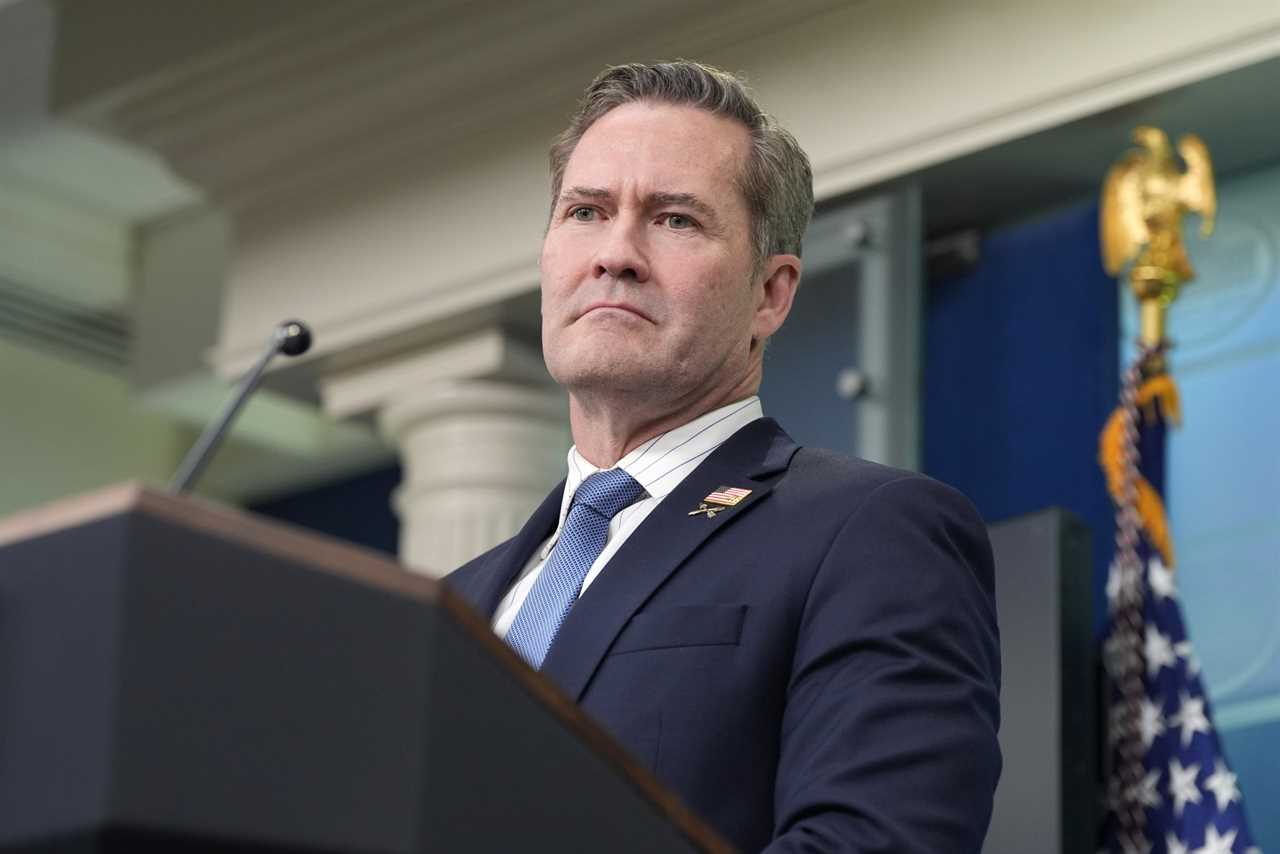
The anticipated resignation of National Security Adviser Michael Waltz from his White House role, alongside his deputy Alex Wong, signals a significant change in the administration's inner workings. Reports suggest their imminent departure follows a recent scandal involving a Signal group chat that embroiled several high-ranking Trump officials, including Waltz and Vice President JD Vance. As the White House remains silent on these developments, questions loom over the implications of this unexpected shake-up.
Analysis: Unpacking the Fallout of a Controversial Resignation
The departure of key figures like Waltz and Wong raises concerns about the stability and direction of national security policy in the current administration. How will this move impact ongoing diplomatic efforts and strategic decision-making within the White House? As the fallout from the Signal group chat scandal continues to reverberate, what broader implications does this resignation hold for the future of US foreign policy?
The wider context: Transparency and Accountability in Government Leadership
Amidst a backdrop of heightened scrutiny on governmental transparency and ethical conduct, Waltz's departure underscores the pressing need for accountability in leadership positions. How can the public trust in the integrity of national security decision-making processes when controversies such as the Signal chat scandal come to light? What reforms are necessary to uphold principles of transparency and ethical behaviour at the highest levels of government?
Exploring Systemic Challenges in National Security Governance
Beyond the individual personalities involved, the resignation of Michael Waltz prompts a deeper reflection on systemic challenges within the national security apparatus. How do power dynamics and institutional norms shape decision-making processes in key advisory roles? To what extent do structural inequalities and conflicts of interest influence the functioning of national security institutions, and what steps are needed to address these underlying issues?
As we navigate the complexities of leadership transitions and governance structures, it becomes imperative to engage with these critical questions to ensure a more accountable and transparent approach to national security decision-making.
Stay tuned for further updates on this evolving story as we continue to analyse the implications of Michael Waltz's departure and its broader impact on US national security policy.
For more in-depth coverage and analysis, visit reputable news sources that prioritise rigorous journalism and comprehensive reporting.
Did you miss our previous article...
https://trendinginthenews.com/uk-politics/sir-keir-starmer-criticised-for-disparate-responses-to-tv-shows-revealing-systemic-failures






